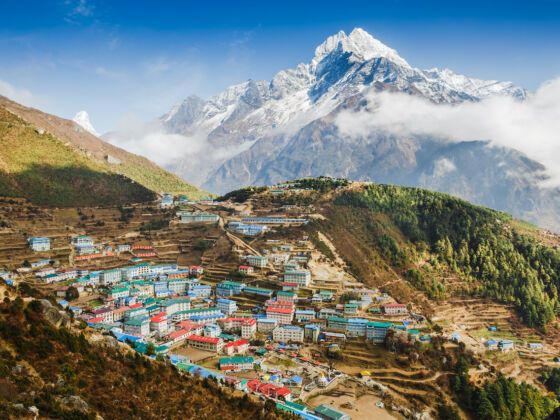1. You need medical skills.
Even the most basic training is crucial. If for no one else, yourself— going into areas where there are infinite ways of becoming injured, it’s important to at minimum, be capable of treating yourself and then when needed, others. Start with the basics and work your way up.
Check out: Your local Red Cross, Fire Department, or nearest medical center/clinic. If you are tight on funds, have limited access to training in English and are looking to renew an expired basic certification, here are two great online sites: FirstAidWeb and FirstAidForFree.
